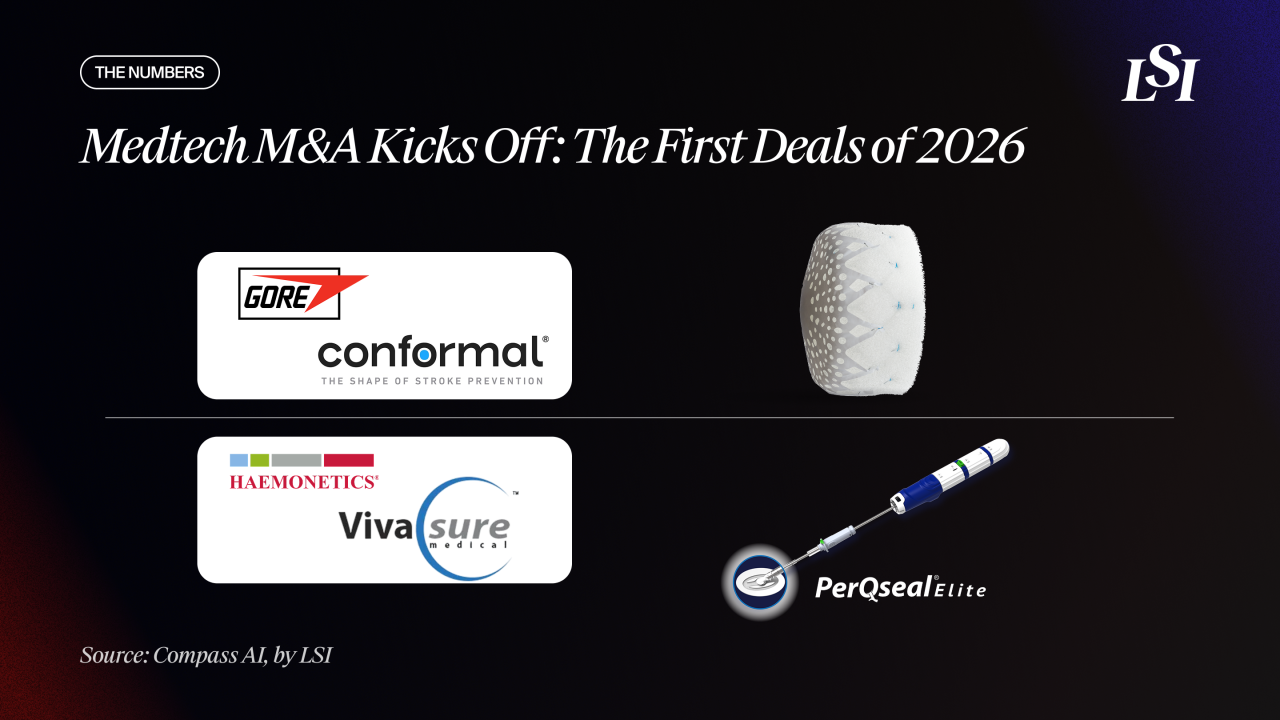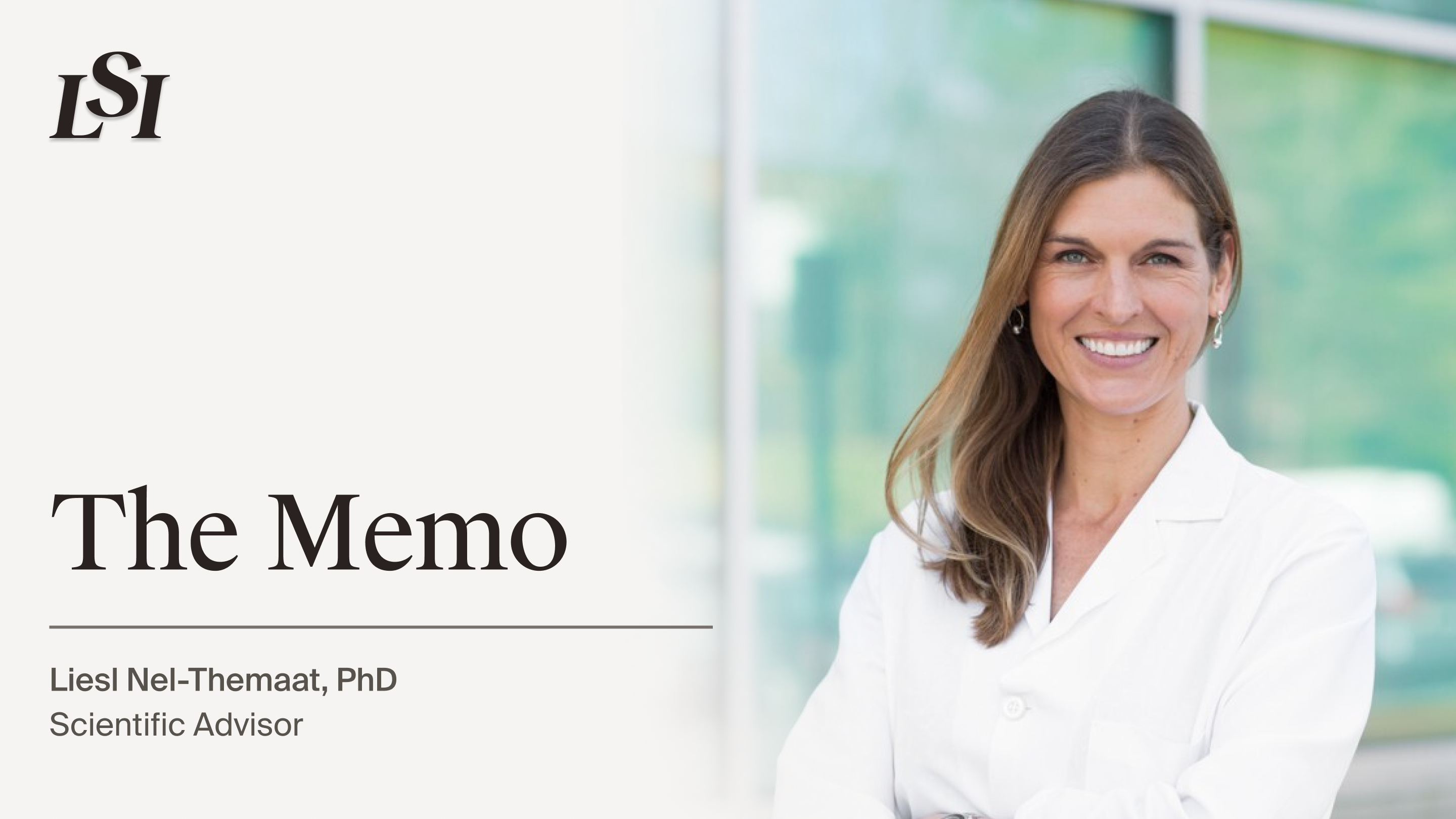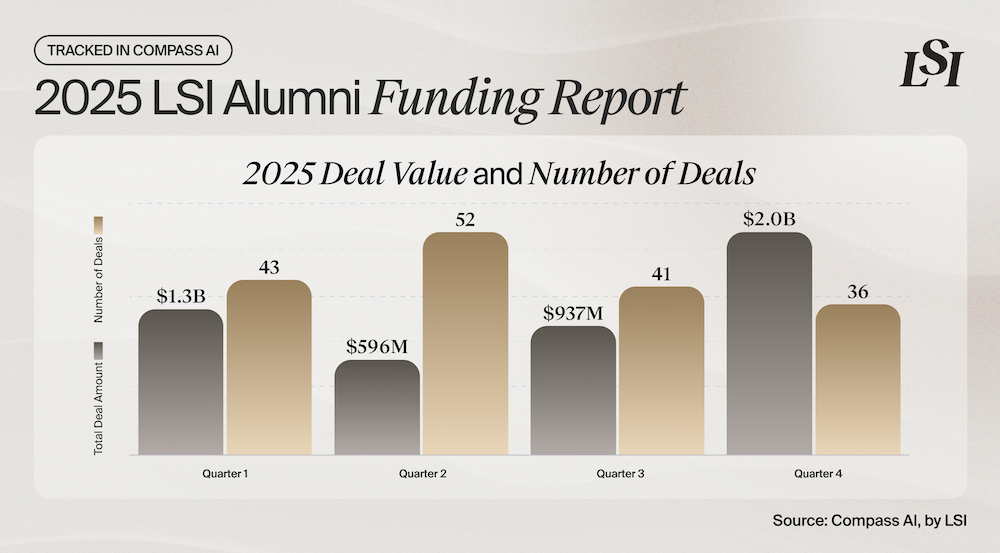
Under the direction of CEO Francis White, Heart Biotech is pioneering a new frontier in heart valve replacement—one where synthetic implants are no longer the endpoint but the catalyst for true biological healing.
Fueled by 30 years of foundational research led by world-renowned cardiothoracic surgeon Prof. Sir Magdi Yacoub, the company is developing the Yacoub Heart ValveⓇ, a next-generation, cell-free scaffold designed to regenerate living, functional heart tissue inside the body.
“We’re not just improving the standard of care—we’re building a new one from the ground up,” said White.
Origin Story
The seeds of Heart Biotech were planted three decades ago at the Magdi Yacoub Institute at Harefield Heart Science Centre, where Sir Magdi embarked on a mission to unlock tissue regeneration. That vision evolved into a singular goal: create a scaffold that could be implanted into the body and instruct it to regrow natural, fully functional cardiac tissue.
“The company was founded in 2014 to translate that science into reality,” said White. “And what we’ve published in Nature proves it’s working—full regrowth of nerve tissue, blood vessels, and adipose tissue, all in the right place, in the right order. No one else has shown that.”
White, who joined as CEO in 2024 after a long career in medtech, saw the opportunity as a once-in-a-generation chance to lead meaningful change. “Most medical devices are compromises—they alleviate symptoms but don’t restore what’s lost,” he said. “This is fundamentally different. This is real repair.”
The Current Landscape
Roughly one in eight people over age 75 will require a heart valve replacement, and for pediatric patients with congenital heart disease, the burden is lifelong. “A child may face three or four open-heart surgeries just to keep pace with their growth,” said White. “It’s traumatic, costly, and inaccessible in much of the world.”
Today’s options fall into two camps: mechanical valves, which last long but require a lifetime of anticoagulation, and tissue valves, which don’t last beyond 10 to 15 years. Both require replacement over time, often through invasive open-heart procedures or complex transcatheter methods with notable complication risks.
“Even the best solutions today come with trade-offs,” White explained. “Durability, lifestyle, accessibility—no one gets it all.”
Inside the Innovation
The Yacoub Heart Valve is a ready-to-use, cell-free scaffold engineered to guide the body’s natural healing process. Once implanted, it recruits native stem cells, which then differentiate into the full suite of tissue types required for a fully functional valve—including blood vessels, nerve tissue, and extracellular matrix.
What sets it apart is the novel jet-spraying technique used to construct the scaffold—producing heterogeneous fiber sizes that more accurately mimic natural elastin and collagen. “It’s this biomimicry that makes the difference,” said White. “The scaffold tells the body what to build, and the body listens.”
Unlike approaches that rely on seeding cells outside the body, Heart Biotech’s technology avoids the fragility and inconsistency of cell-based grafts. “It’s scalable, cost-effective, and elegant in its simplicity,” said White.
The initial surgical applications will target younger patients and adults eligible for open-heart or minimally invasive robotic procedures. A transcatheter version is on the company’s roadmap.
Progress and Milestones
Heart Biotech’s breakthrough was formally recognized in 2023 with a publication in Nature, validating six-month preclinical data that demonstrated complete tissue regeneration.
Now, the company is preparing for its next major milestone: a regulated, GLP-compliant animal study with a finalized design and manufacturing protocol. “It takes about six months to grow a valve,” said White. “We want to see that valve function for another six months after that.”
Additional milestones include:
- Finalizing manufacturing processes under regulatory control
- Completing a large-scale GLP animal study
- Preparing for FDA Breakthrough Device Designation
- Advancing toward first-in-human trials within three to four years
Heart Biotech is currently raising a $15 million Series A round to support this next phase, with funding commitments already in place and additional non-dilutive capital anticipated.
“We’re confident we can overtake anyone in this field,” White added. “Our evidence is stronger, our approach is more complete, and we’re building from decades of hard-won insight.”
Market Insights
Relevant to Heart Biotech’s initial target applications, the market for congenital heart solutions is rapidly expanding. For example, Tetralogy of Fallot repairs—many of which include pulmonary valve replacement—are expected to grow at a 7.7% CAGR through 2029, reaching an estimated 70,400 procedures by 2029. This highlights a rising demand for durable, regenerative solutions across pediatric and congenital heart disease.
According to LSI’s Global Surgical Procedure Volumes (SPV) database, there were approximately 48,700 repair procedures performed for the treatment of Tetralogy of Fallot, representing the core population of patients today who are being treated for pulmonary valve replacement. These procedures are one of the fastest-growing congenital heart defect surgeries performed in the world and are seeing growth that outpaces many traditional forms of valve surgeries.
Join Us at LSI Europe ‘25
White has been selected to present at LSI Europe '25 (September 7-11) in front of hundreds of global medical technology companies. Join us in welcoming White to the event in London, where he will share the latest updates on Heart Biotech’s technology and development.

Schedule an exploratory call
Request Info17011 Beach Blvd, Suite 500 Huntington Beach, CA 92647
714-847-3540© 2026 Life Science Intelligence, Inc., All Rights Reserved. | Privacy Policy










